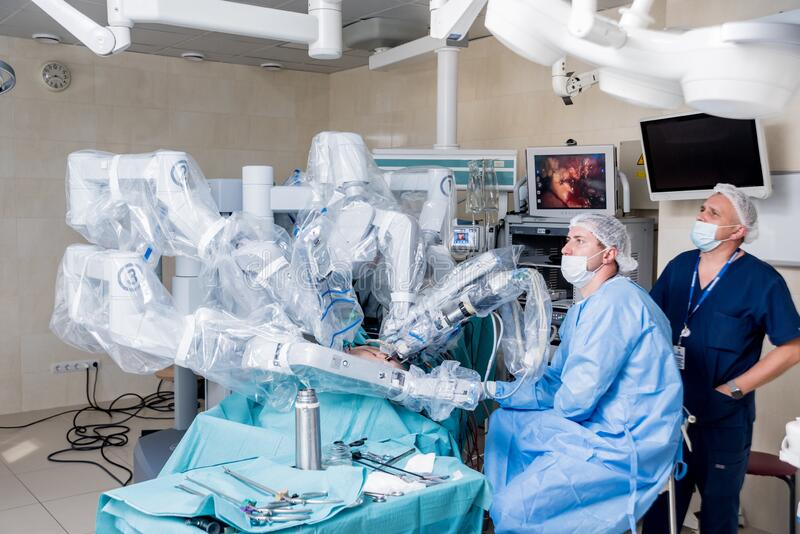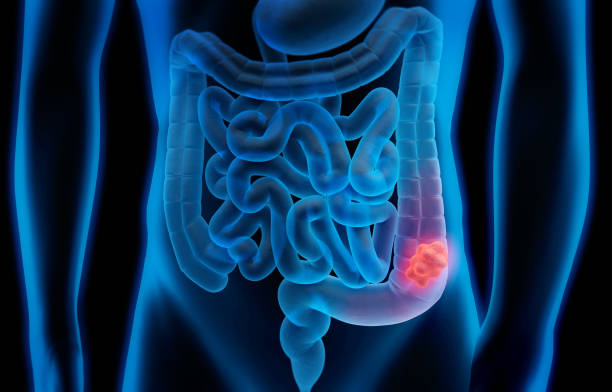Keeping your colon in shape is crucial, for your health. The colon, also known as the intestine plays a role in digesting food absorbing essential nutrients and getting rid of waste. A functioning colon can help prevent digestive issues, including colon cancer, which ranks as the third most common cancer affecting both men and women in the United States.
While major risk factors include age, and previous colon illnesses, the leading risk factors for people of all ages are obesity and poor diet which is also linked to the rise of colon cancer in young people. In this article, we’ll delve into the foods that promote colon health, how fiber prevents colon cancer and which foods to steer clear of if you have polyps.
The Significance of Diet in Preventing Colon Cancer
A rounded diet packed with fiber, antioxidants, vitamins and minerals can greatly impact the health of your colon. Research indicates that what you eat plays a role in warding off cancer and other digestive problems. Incorporating colon-healthy foods into your diet can help maintain a healthy digestive system and reduce the risk of developing polyps and colon cancer.
Best Foods for Colon Health
1. High-Fiber Foods
Fiber is essential for maintaining a healthy colon. It helps keep the digestive system running smoothly by promoting regular bowel movements and preventing constipation.
Numerous studies have shown a link between high-fiber diets and a reduced risk of colon cancer. Fiber helps move waste through the digestive tract more efficiently, reducing the time that potential carcinogens are in contact with the colon lining. A high-fiber diet can also help maintain a healthy weight, which is important because obesity is a risk factor for colon cancer.
Aim to consume at least 25-30 grams of fiber per day from a variety of sources.
- Fruits and Vegetables: Apples, pears, berries, broccoli, carrots, and leafy greens are excellent sources of fiber.
- Whole Grains: Brown rice, whole wheat bread, oatmeal, quinoa, and barley provide substantial fiber.
- Legumes: Beans, lentils, chickpeas, and peas are fiber-rich and can be easily incorporated into various meals.
- Nuts and Seeds: Almonds, chia seeds, flaxseeds, and sunflower seeds are also good sources of fiber.
If you’re still struggling with fiber intake, include up to 30 grams of fiber supplement like Benefiber or Metamucil to your daily routine.
2. Probiotic-Rich Foods
Probiotics are beneficial bacteria that promote a healthy gut microbiome, which is essential for colon health. Probiotic-rich foods can help maintain a balance of good bacteria in the digestive system, improving digestion and reducing inflammation.
- Yogurt: Choose plain, unsweetened yogurt with live and active cultures.
- Kefir: A fermented milk drink that is rich in probiotics.
- Sauerkraut: Fermented cabbage that is a good source of probiotics.
- Kimchi: A spicy fermented vegetable dish that contains probiotics.
- Miso: A fermented soybean paste used in soups and sauces.
3. Antioxidant-Rich Foods
Antioxidants help protect the body from damage caused by free radicals and can reduce inflammation in the colon. Foods rich in antioxidants can contribute to overall colon health.
- Berries: Blueberries, strawberries, raspberries, and blackberries are high in antioxidants.
- Leafy Greens: Spinach, kale, and Swiss chard are packed with antioxidants.
- Nuts and Seeds: Walnuts, almonds, and sunflower seeds contain antioxidants.
- Green Tea: Contains catechins, a type of antioxidant that can benefit colon health.
What Foods to Avoid If You Have Polyps
Certain foods can increase the risk of developing colon polyps and should be limited or avoided, especially if you have a history of polyps.
- Red and Processed Meats: Studies have linked the consumption of red and processed meats to an increased risk of colon polyps and cancer. According to the World Health Organization (WHO), just eating one hot dog (50 grams) of processed meat increases your chance of colon cancer by up to 18%. The Surgery Group of LA recommends consistently replacing your sausage and steaks with turkey, fish, and chicken, and if you must have that steak limit it to 18oz per week.
- Refined Grains: White bread, white rice, and pastries lack fiber and can contribute to digestive issues.
- Sugary Foods and Beverages: While sugar intake itself has no reported connection with colon cancer, there are numerous studies outlining excess added sugar with obesity and weight gain which are risk factors for colon cancer. If you struggle to cut out sugary foods, consider alternatives that use diet or natural sweeteners.
- Alcohol: Excessive alcohol consumption is associated with a higher risk of colorectal cancer.
Summary
A healthy diet plays a crucial role in maintaining colon health and preventing diseases like colon cancer. Incorporating high-fiber foods, probiotics, and antioxidants can promote a healthy digestive system and reduce the risk of colon polyps and cancer. Avoiding red and processed meats, refined grains, and sugary foods can further protect colon health. By making mindful dietary choices, you can support your colon health and overall well-being.
While keeping active and maintaining a healthy diet is crucial to colon health, colon screenings are imperative to detecting and removing polyps or colorectal growths before they develop into cancer. The American Cancer Society recommends adults over 45 get regular colorectal screenings. If you need a colonoscopy or other colorectal screening done, call us at 310-861-7493 to schedule a consultation with one of our colorectal surgeons.
















